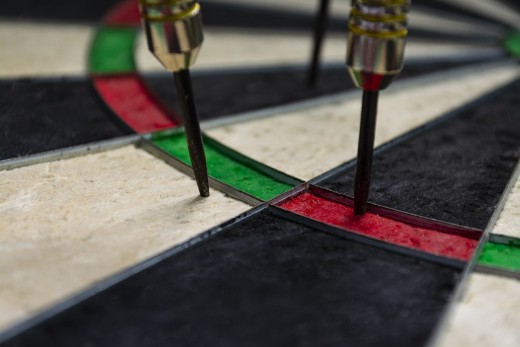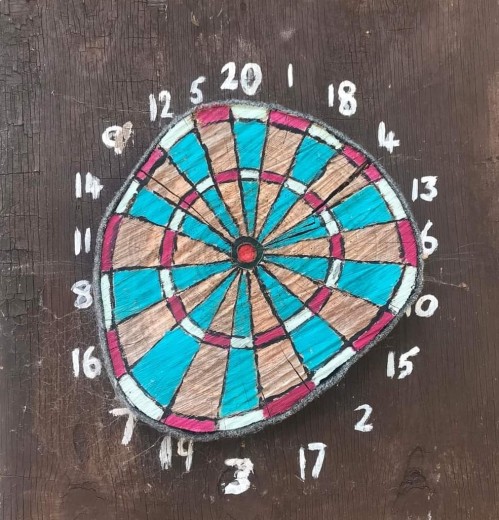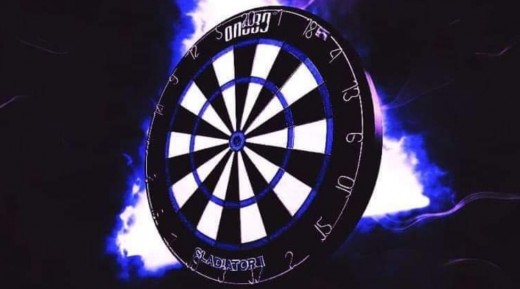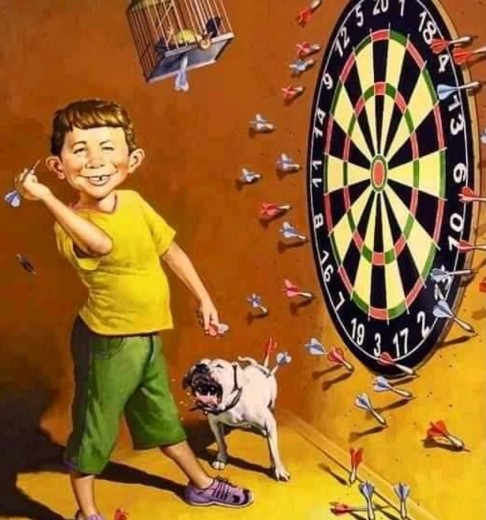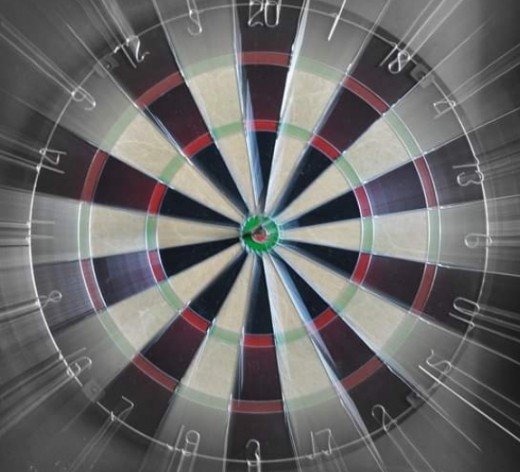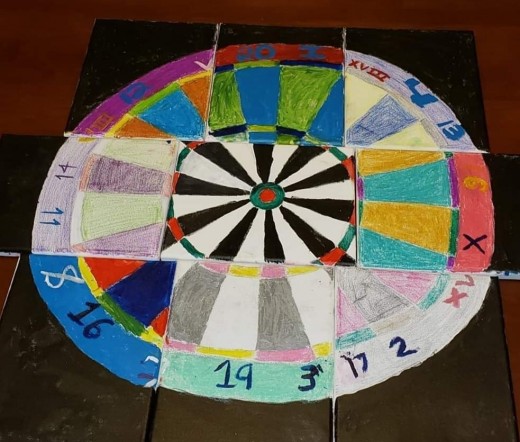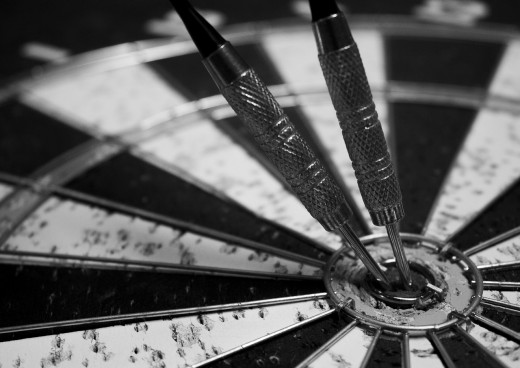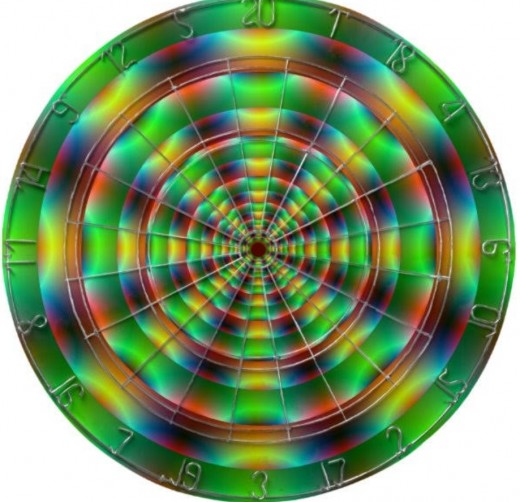Monday, December 26, 2016
Column CM16
“A Morning Song”
During my visit to St. Martin’s in the Field the choir sang an Advent hymn by Eleanor Farjeon, an English writer who mainly wrote children’s books. Eleanor’s father had been an author and two of her brothers were writers as well while her older brother was a composer. Encouraged by her father Eleanor started to write at five years of age. She lived for most of her life in literary and theatrical circles in London and Sussex. Her first and probably most popular children’s book was “Martin Pippin in the Apple Orchard” to which she later wrote a sequel. Eleanor also wrote some libretti for her brother Harry and together with her brother Herbert several plays. Eleanor Farjeon died 1965 in Hampstead, not far away from Alexandra Palace.
Her best known poem was originally written as a children’s hymn to an old Gaelic tune “A Morning Song,” which in 1971 was sung and published by Cat Stevens as “Morning has Broken” on his album Teaser and the Firecat. The song became world-famous and was covered and published by different singers under different titles.
I didn’t have this story in mind when I went to a bookshop at Piccadilly Circus to look for a book for my long train journey home to Germany. Only when I left the shop did I realize that I had bought a book by J. Jefferson Farjeon, Eleanor’s brother Joseph, who wrote more than 60 books between 1924 and 1955…
My last evening at Alexandra Palace was the seventh night of the PDC World Championship – and the evening of the Austrians as, besides Mensur Suljovic, Zoran Lerchbacher stood on stage. Lerchbacher, who took part for the third time in the World Championship played against PDPA qualifier Simon Stevenson who until now failed to make an impact on the PDC Circuit. Stevenson has a way of playing that one might call “economical.” He throws lots of low scores until his opponent gets close to a finish, then produces a 180 or 140 and finishes before his opponent is able to do so. He won the first set in this way and a few legs more but in the end Lerchbacher won as he was the far better player.
Next was Mensur Suljovic against Dutchman Ron Meulenkamp and it was a far from strong match by both players and not at all thrilling for the crowd. The averages were almost the same: 88.51 for Suljovic and 88.56 for Meulenkamp. Suljovic’s slightly higher hit rate on the doubles was crucial in the end. After the match Suljovic admitted he had been nervous. He had practiced very hard to be prepared but somehow his head had let him down – now his mental coach had to help him. Somebody asked the question whether Suljovic would accept a Premier League wildcard to which he answered he was 90 percent likely to do so. I would say he’ll have to improve a lot in the tournament to get offered a wildcard…
In the so called “match of the evening” James Wade played against Belgian Ronny Huybrechts. It was clearly better than the match before but still far from a great match, more so a kind of a labored victory for Wade. Wade himself didn’t look too happy with his performance.
After the match, the journalists in the press room questioned the winning player and one asked what Wade thought about the possibility of the tournament moving to the larger hall of Alexandra Palace. Wade answered diplomatically – that he loves the venue and the atmosphere of the venue in which the tournament is currently played and he was not quite sure whether it was possible to recreate this it in the bigger hall, with its enormous ceiling height. But he said he would play in any venue and that he always sees it as his job to entertain the crowd with his performance.
The match between Robert Thornton and Zoran Lerchbacher was the last match of the evening and it was on a similar level as the Suljovic-Meulenkamp. Lerchbacher was the weaker player from the start. As he admitted after the match, unhappily it just wasn’t meant to be for him…
Thornton was not particularly pleased with his performance but really happy to win, as he now could go into the Christmas break with a positive feeling.
My last evening at the World Championship had been at best an average dart evening, but the crowd enjoyed it nevertheless.
And like Robert Thornton, I too looked forward to Christmas!


